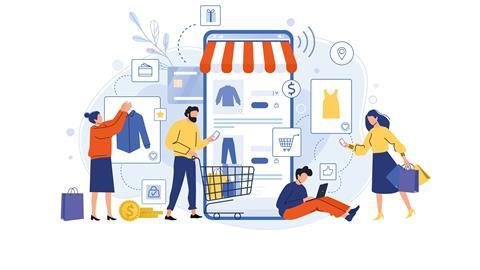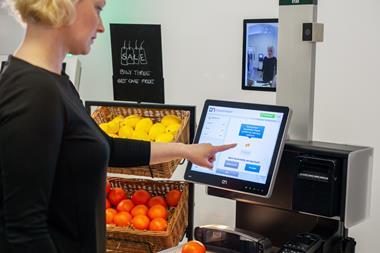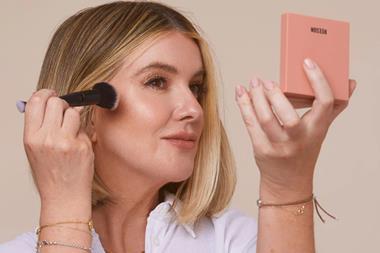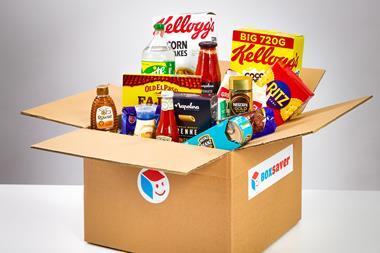What does the new normal look like for online shopping? According to Shekhar Deshpande and Talitha Rutten, four drastically different mindsets have emerged.
The past two years have seen significant changes in how people shop; some of these shifts have stuck and others haven’t. So what does the new normal look like when it comes to consumer behaviour?
At Meta, we wanted to understand how consumers have reacted to the changes of the past two years and what their mindsets and behaviours have evolved into. To do this, we invested in in-depth qualitative ethnographic research centred on shoppers buying fast-moving consumer goods (FMCG) such as food, cosmetics and cleaning products.
We interviewed people from the UK, France and Germany, with the study also including accompanied shopping visits, and diaries and conversations on a private online platform where shoppers exchanged notes with one another.
What did we find?
Firstly, our research showed that people find online shopping effortful, inefficient and time-consuming. Despite supermarkets being large – the cheese aisle, for instance, has a beginning, middle and end – searching for cheese on any grocery retail site can feel endless and relentless.
Four mindsets
Most importantly, our research identified four different mindsets that are influencing shopping behaviour today. These are:
- Shopping lovers: Mainly interested in-store shopping, this group sees shopping as ‘me time’ and they often slow down in their favourite aisle. They enjoy the experience with all their senses, and they use online channels to generate ideas and inspiration for their next store visit.
- Efficiency seekers: When people are in this mindset they want to get in and out when in-store shopping; when shopping online, they want fast, easy processes. They are likely to know the brands and sizes that they’re looking for and want minimum fuss. They are not looking to experiment.
- Unconfident beginners: This group tends to be younger, just starting out living independently and they are ill at ease with some basic categories. They weren’t clear on the best items to buy and tended to gravitate towards brands that offered a bit of education in their marketing.
- Discount hunters: These shoppers were often either from large families or had another reason for regularly buying large quantities of certain goods. They were happy shopping online and offline, as long as they got the best deals and they will invest time in finding these.
Multiplicity and marketing: why this matters
Shoppers switch between these mindsets depending on category, occasion and circumstances, and more than ever, people are used to the fact there are now multiple ways of searching for and buying any item.
As a result, one big idea or execution in marketing these products is unlikely to be enough, and any campaign is likely to need to appeal to all four mindsets, even if they tend to take precedence at different stages of the shopping journey.
For shopping lovers, for example, branded content and partnerships with creators will go down well. Discount hunters, meanwhile, are likely to embrace price comparisons and visibility of deals, especially in the tough economic times we’re experiencing.
Key takeaways
Online shopping isn’t easy and as shoppers emerge from the pandemic, they are following a hybrid model of purchasing, using whatever suits them best at that moment.
To ensure adaptation to an evolving consumer, marketers should:
- Cater to multiple shopper mindsets in any campaign.
- Recognise that online shopping may not be more efficient for many shoppers.
- Create a range of advertising and commerce solutions to attract multiple types of shoppers.
Find out more about Meta’s work in the consumer industries
Shekhar Deshpande is head of strategy for global clients at Meta
Shekhar is responsible for strategy and thought leadership for Meta’s global clients team. His previous roles include close to two decades as a global strategy director at J Walter Thompson, where he worked on some of the world’s most loved brands. He has spent more than 15 years working in the FMCG industry, particularly in food and beverage.
Talitha Rutten is regional client partner for global clients at Meta
Talitha has spent more than 20 years in FMCG marketing. At Meta she supports the largest global FMCG marketers in their digital transformation, helping to bring best-in-class marketing to life on Meta’s platforms. Previously she was a global brand director at Unilever where she worked on Unilever’s biggest food brands for 15 years.


























